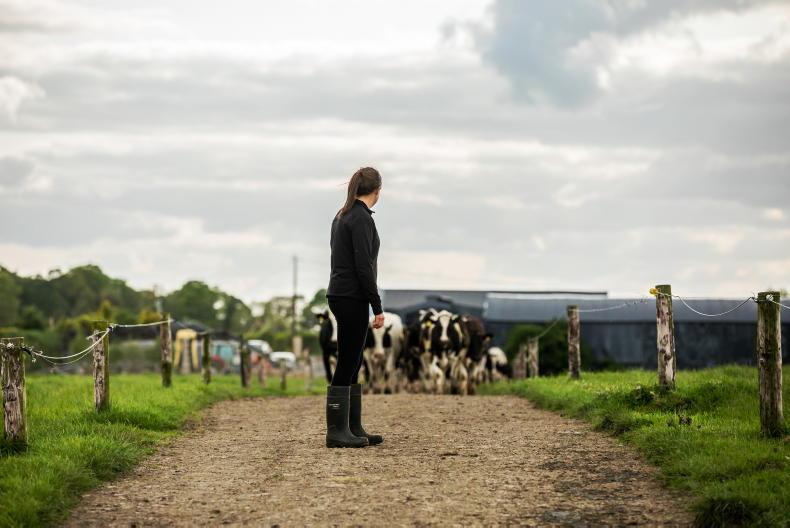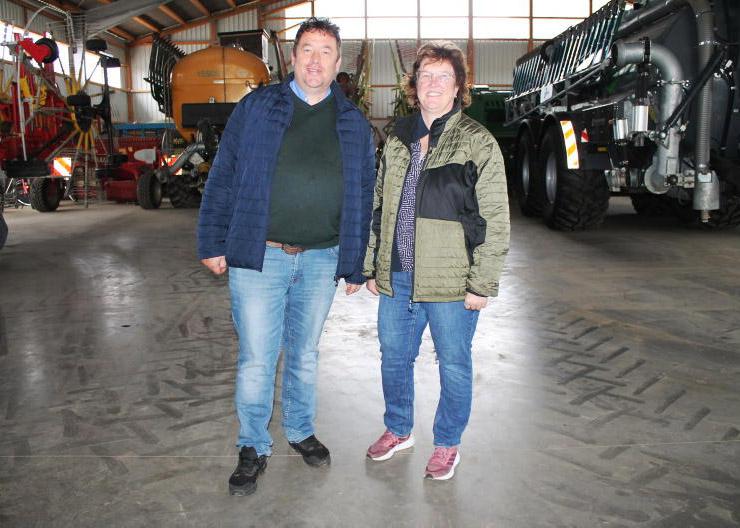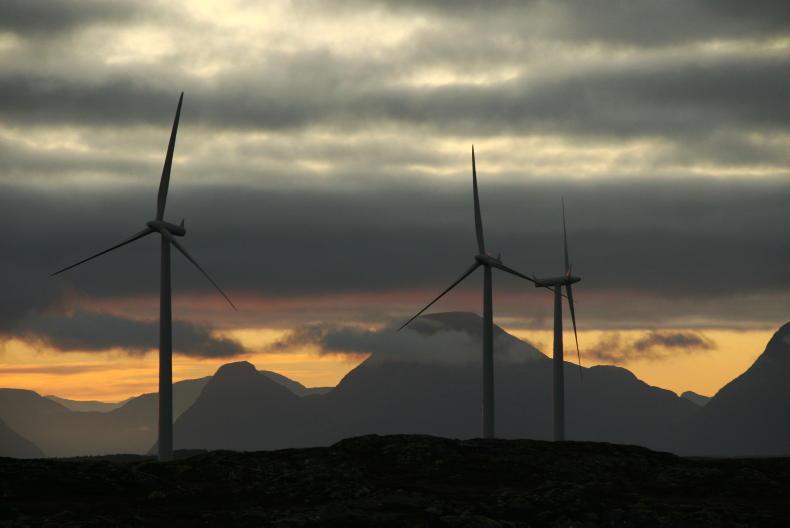The EU’s agricultural subsidies should be restructured to achieve environment and climate goals, including a phasing out of direct payments and the reduction of livestock, according to a new report from the German commission on the future of agriculture.
The commission gathered 30 representatives from the agricultural and industrial sectors, together with scientists, consumer, environmental and animal welfare experts to create the 170-page report.
The report recommends that to improve animal welfare, protect the environment and address climate change, Germany should look towards reducing its livestock, cutting its meat consumption and better harness the potential for greenhouse gas sequestration.
However, it concluded that such transformation would require an extra €5bn to €8bn per year in investment.
Chancellor Angela Merkel described the report’s presentation as an important day in the history of German agriculture and welcomed its proposals to help small farmers survive, improve animal welfare and boost plant and bee diversity.
Dr Merkel set up the future of agriculture commission in 2019 after farmer protests brought Berlin and other cities to a standstill, warning that the price politics of German retailers were ruining their existence and causing huge animal suffering.








SHARING OPTIONS